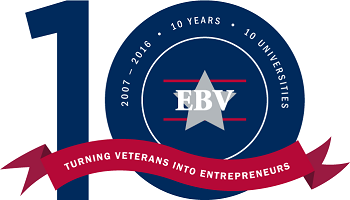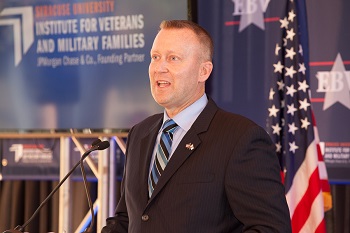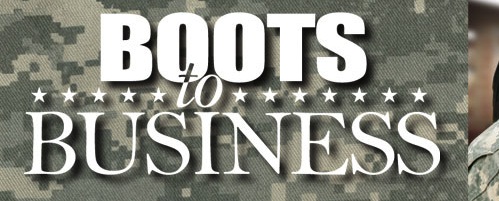
By Debbie Gregory.
The Department of Veterans Affairs (VA), in an attempt to improve the disability examination experience for veterans, has awarded twelve major contracts to improve the deliverability of timely disability benefits claims decisions.
The contracts, worth $6.8 billion, are being awarded for a period of 12 months with four 12-month options.
The VA awarded the contracts to VetFed Resources, Veterans Evaluation Services and QTC Medical Services through the Medical Disability Examination Program in support of the MyVA initiative.
“The goal will be to reduce the veteran’s wait times for examinations as much as possible thereby providing faster claims decisions and enhancing veterans’ experience in a positive way,” said Tom Murphy, acting principal deputy undersecretary for benefits at the VA.
The Medical Disability Examination Program will see the consolidation of the contracts under a single program management initiative, with representation in the central management group from both the Veterans Benefits Administration (VBA) and the Veterans Health Administration (VHA).
“This will be a major accomplishment for veterans going forward, not only for the efficiencies and additional oversight, but VA can now maximize the capacity of inherent capability and leverage the contract expertise and capacity as needed,” said Murphy. “The goal will be to reduce the veteran’s wait times for examinations as much as possible thereby providing faster claims decisions and enhancing Veterans’ experience in a positive way.”
Up until now, contracts for medical examinations have been managed by both administrations with varying degrees of efficiency and delivery time of exam reports, which are critical to veterans’ disability determinations supporting their compensation and pension claim.
The new program management and delivery process will also continue to ensure broad national and international coverage of medical examination requirements to meet veterans’ needs world-wide.











